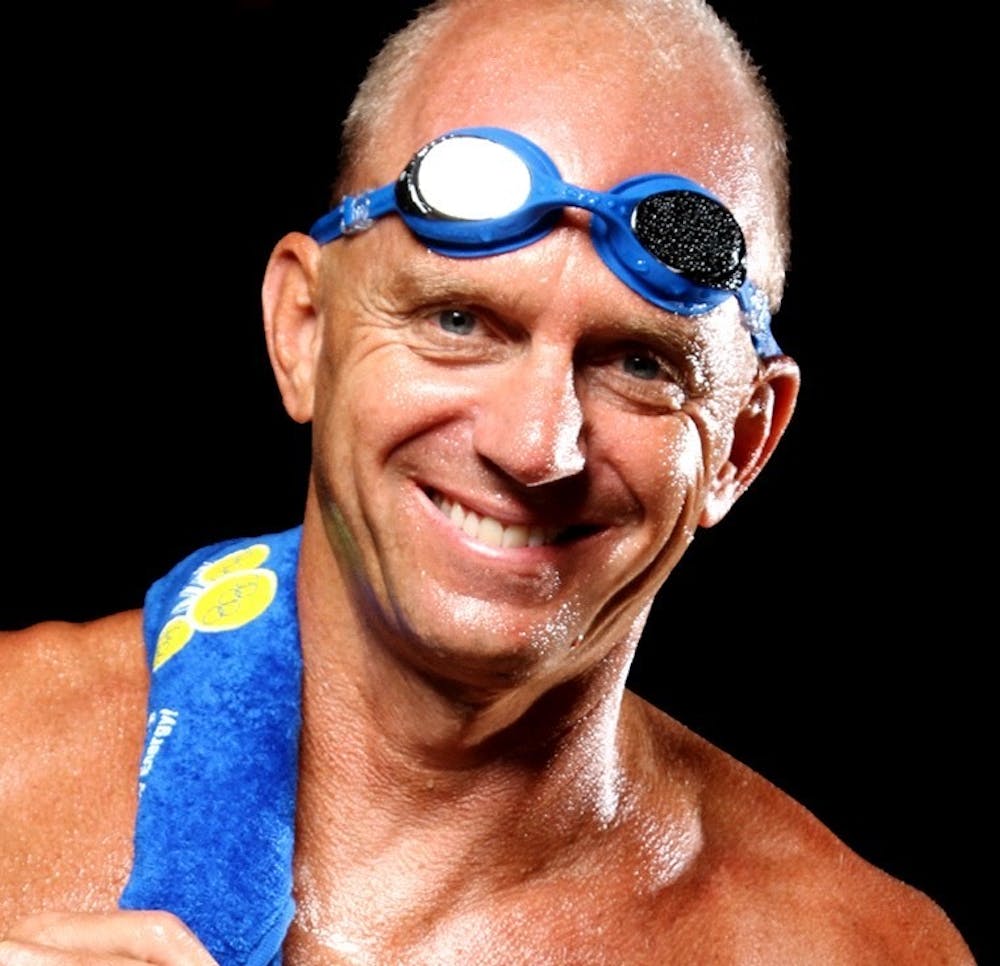Staff writer Eliza Hart caught up with three-time Olympic gold medalist and Masters International Swimming Hall of Fame member Rowdy Gaines to discuss pools closing during the pandemic, his sympathy for UNC athletes who missed the Olympics, universities cutting swimming programs and more. This interview has been edited for brevity and clarity.
DTH: A few UNC athletes were hoping to show off their skills at the Olympic trials and potentially the 2020 Tokyo games. What’s it like to have to put this off for a whole year?
RG: I can feel their pain. It’s a little bit different in that it’s apples to oranges to what I went through, but in 1980, I made the Olympic team. I was World Swimmer of the Year 1980. My times that year would have won five gold medals, but I didn’t go. Our country boycotted those Olympic games, so I didn’t have the luxury of a year. I had to wait four years for another Olympics. I can kind of feel what a lot of them are going through, and it’s tough because as a swimmer, our pinnacle of success is the Olympics.
DTH: Performance-wise, having to stall for an entire year, what does that do to an Olympic athlete?
RG: Well, the good news is that everyone has to stall for a year, so it’s a pretty level playing field when it comes to that. It’s not just Americans. You are going to see only the strong will be able to survive. Some will not be able to emotionally or mentally handle a whole 'nother year of going through the motions. You may have the physical capabilities, but it has nothing to do with the physical part right now. It’s all mental.
DTH: You were talking about how you had a similar experience back in 1980 with the Moscow Olympic boycott. What was your reaction at the time to the boycott and how does it compare to athletes who are now facing the potential loss of their seasons?
RG: I certainly understand the feelings they’re going through. The initial reaction of refusal to accept it. That there’s no way that it could happen. The same thing happened to me in January of 1980 when they started talking about (boycotting). It’s that refusal to believe it — that denial. Then the anger sets in when it actually happens. Then it’s a huge sadness. You’re gonna have depression. Then you finally get to an acceptance stage. Then you have this motivation to try and come back and do it all over again.
DTH: You almost are describing a grieving process, right?
RG: Yes, there is no doubt about it. There is a grieving process. Most swimmers don’t make any money. They really do it for the love of the sport, and so this grieving process is real. It’s not the end of the world, and we’re gonna survive, but it is real. I can’t deny that.




